“I don’t take any supplements or anything.” That’s a phrase that just makes me cringe. It isn’t because I think athletes should be loaded up on pre-workouts with caffeine and creatine with names like “Muskrat Sauce” or “Dark Rhino Pump”, but because it shows a complete ignorance of what supplementation even is. The word supplement itself has become so tied to the nutrition market, that people forget the meaning of the word itself.
Supplement To Supplement, NOT To Surplus
To supplement something means to compensate or to add an amount to fulfill completion. When someone takes a pay cut at work, they may supplement that lost income by getting a second job. Why? Because their life and lifestyle has been based off of a certain income. In order for that life and lifestyle to be maintained, they need to make sure to accumulate the needed income, even if it means going outside their career or primary job to do so. It is not about adding to an already complete situation in excess. It’s about completing an unfinished situation. The same is true in nutrition.
It kills me to hear all these nutrition gurus saying that everything should come from whole foods. OF COURSE IT SHOULD. We should probably grow our own vegetables too. We should take the stairs instead of the escalator. Here’s the truth: That doesn’t happen. As a coach, you are not going to get buy in on this, because athletes are still going to eat bad foods. They’re going to have busy schedules. It’s simply not going to happen. This is an idealistic mindset that creates a terrible environment for athletes and coaches to be honest with each other about nutrition and supplementation. Athletes NEED certain levels of macro and micronutrients in order to be healthy, recover and make physical change. If they aren’t getting it from their foods (SPOILER ALERT: they aren’t), then they MUST supplement these nutrients and vitamins. It is a necessity, not a preference.
What And When Do I Supplement
First and foremost, supplements are not magic. If you’re nutrition sucks, you’re going to suck, too. Supplements do not fix crappy nutrition habits. Clean it up, or do something else with your life. Write a book, maybe? Open a hotdog stand… I don’t care. It’s your life. You can figure it out. Having said that, the steps to determine your supplementation regimen are below:
- The first thing that must occur is to identify the levels of macronutrients and micronutrients needed for that specific athlete. This will be different for every athlete. Understanding vitamin deficiencies is tougher than macronutrient deficiencies. I recommend our guys at Inside Tracker. They will run blood work and give you a full individual analysis on your levels. Its relatively affordable too.
- Build a nutrition plan for that athlete, and make sure it meets their caloric needs as well.
- Track their food and drink intake for a couple weeks. This is a place to make the athlete accountable to their own process. Have them fill out a food and drink log.
- Sit down with that athlete and see where they are and are not meeting their nutritional goals.
- Find supplements that are NSF or Informed Choice certified based on step 4’s assessment.
- Do not go in excess. Assign the athletes supplement intake to meet their goals, nothing more.
Guys, it really is as simple as that. It’s not a matter of preference. If you aren’t getting enough protein in a day, supplement it. If you are low on Vitamin D, supplement it. Don’t use a supplement to add excess. At that point you are not using a supplement. You are using a stupid thought process. Never forget: When someone asks what any supplement does, there is only one answer no matter the product they bring to you. It supplements.

Leave a Reply